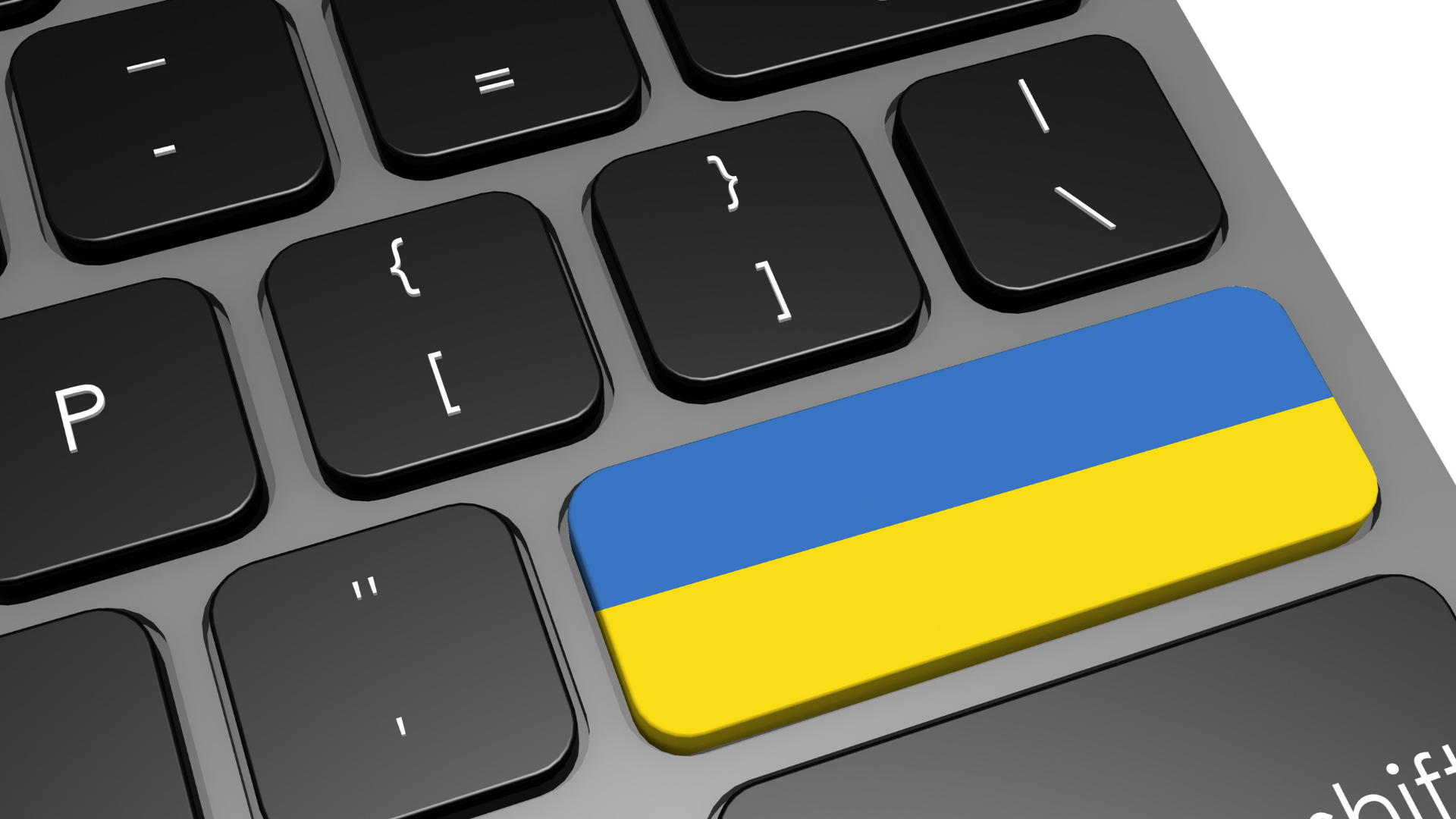
In connection with the Russian aggression and the military actions against Ukraine, the issues related to the so-called "hybrid warfare", which serves the interests of the regime in Moscow in order to establish Russian spheres of influence in Europe, become topical. The most affected are Eastern Europe, Southeast Europe, and the Caucasus.
Hybrid warfare is a term that came into use in the late 20th century and refers to a non-standard military strategy, including combat operations, sabotage, and cyber-warfare.
Hybrid warfare is not declared or officially recognized by the countries that wage it. Still, special services use unconventional means, such as cyber warfare, global terrorism, piracy, illegal migration, corruption, ethnic and religious conflicts, demographic challenges, transnational organized crime, etc. [1] In turn, cyber warfare is a form of information warfare that is politically motivated hacking of systems, sites, profiles, and more in order to carry out subversive actions, sabotage, neutralization, and espionage. [2]
Hybrid warfare often remains invisible to humans, but its negative consequences can lead to an erosion of the rule of law and integrity in society, which undermines trust in public sector institutions.
There are many troll profiles on Bulgarian social networks. We can talk about whole factories with trolls that serve the regime in Moscow. That is why in Bulgaria there is a serious problem with pro-Russian trolls on Facebook, and this is the most used social network in the country. The trolls report and make denunciations to block users on Bulgarian social networks who have expressed a position against Russia in defense of Ukraine.
It is noteworthy that the moderators of Facebook for Bulgaria impose censorship on publications condemning Russian aggression, even if these are opinions of prominent non-governmental organizations in the country. Very often, the Facebook profiles of influential people who expose pro-Russian propaganda or strongly support Ukraine are blocked for a period of 30 days.
Large non-governmental organizations warn that the Russian hybrid warfare against Bulgaria is intense, its infrastructure is developing and Moscow is constantly investing in it. There is a Russophile movement in Bulgaria, which aims to hold a referendum on the withdrawal of Bulgaria from NATO, as stated by the Atlantic Council of Bulgaria in a post on Facebook in 2020. [3] In addition, the Kamchia holiday complex, 25 km south of the Bulgarian town Varna, is owned by the Moscow government. A Balkan center for Russian studies was opened in it and the Kremlin has stated its intentions to use this complex as an object of "soft power" in Bulgaria and the EU.
Apart from social networks, the pro-Russian information war in Bulgaria finds tangible manifestations in the national and private media; a number of television and radio programs are channels of pro-Russian propaganda in the country. They often invite participants who are megaphones of the Kremlin regime and spokesmen for the so-called "other point of view". They belittle Russian aggression or seek justification for it, but without other participants in the programs who can adequately counter the pro-Russian propaganda machine. Thus, the voice of the Kremlin is often heard loudly in Bulgarian media.
According to the current election law in Bulgaria, voting can only be done with machines (compulsory machine voting has been introduced in the country), unparalleled in other EU countries, Britain, the United States, Canada, Australia, and other developed democracies. Therefore, at present, the danger of manipulating the election results in Bulgaria is great. Many voters in the country's small towns are unable to vote with machines due to lack of access. That is why the turnout in the last parliamentary and presidential elections in Bulgaria was very low, and nearly 600,000 Bulgarians did not go to the polls.
In contemporary conditions, democratic systems in Europe are at risk of Russian hybrid attacks, which most often include misinformation, propaganda, and troll actions on social networks, but can also manipulate the electoral process and discredit public institutions. Therefore, civil society and its organizations must be particularly vigilant and uphold the freedom and values of the democratic world.
References:
[1] Hybrid war. (2022, January 30). Retrieved June 4, 2022 from https://en.wikipedia.org/wiki/Hybrid_war
[2] Cyber War. (2013, March 12). Retrieved June 4, 2022 from https://en.wikipedia.org/wiki/Кибервойна
[3 ] news.bg. (2020, October 1). ASB: The Russian hybrid war against Bulgaria is entering an intensive phase. Retrieved June 4, 2022 from https://news.bg/bulgaria/asb-ruskata-hibridna-voyna-sreshtu-balgariya-navleze-v-intenzivna-faza.html